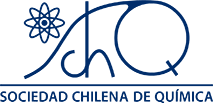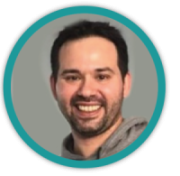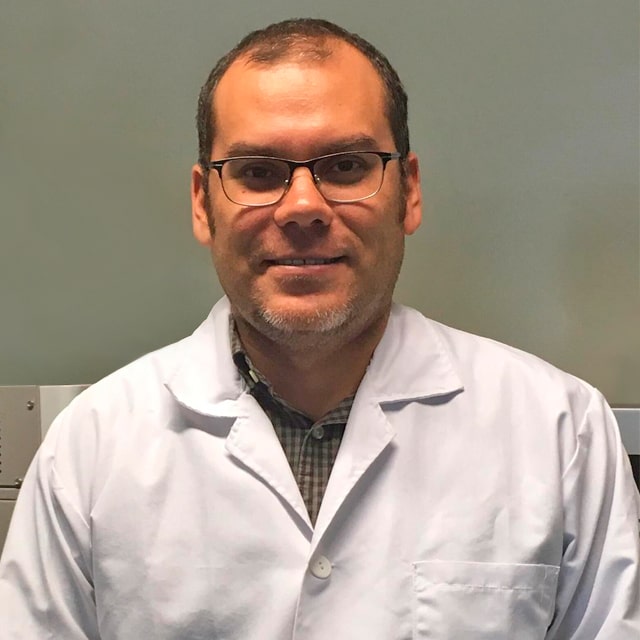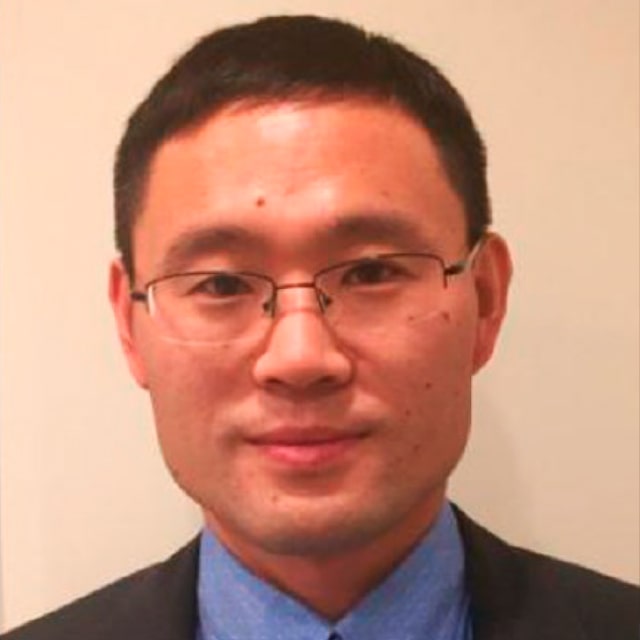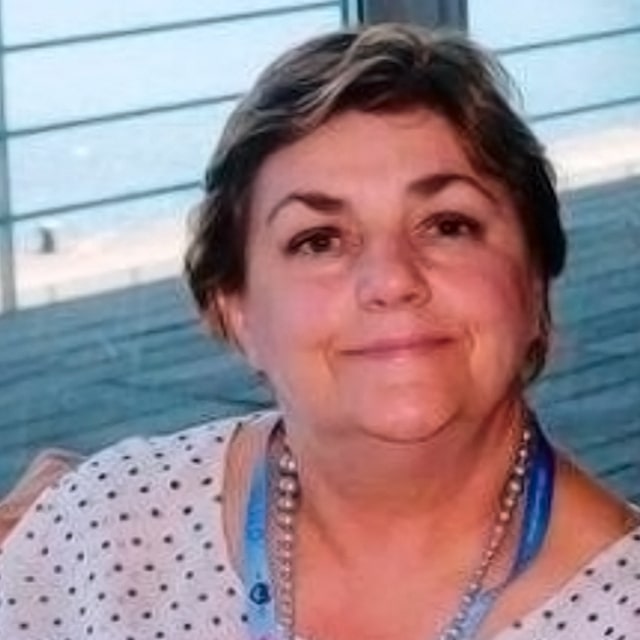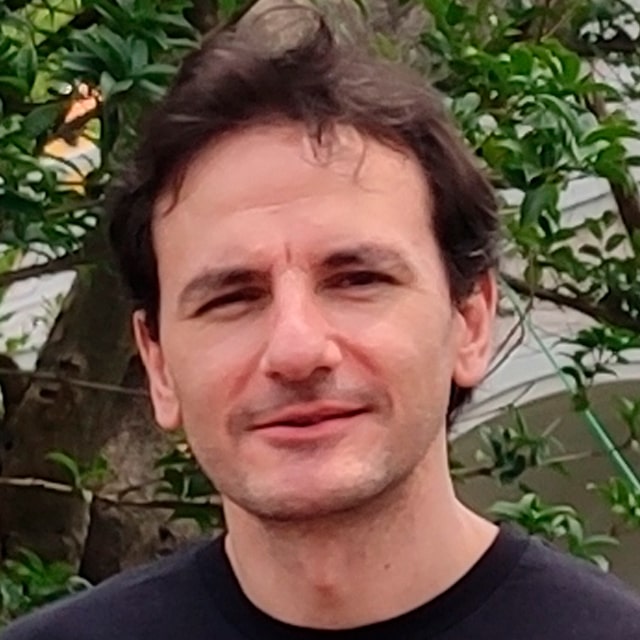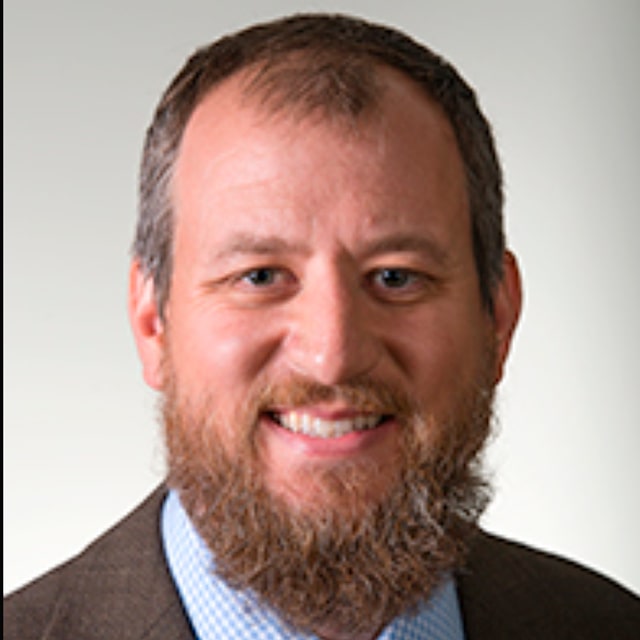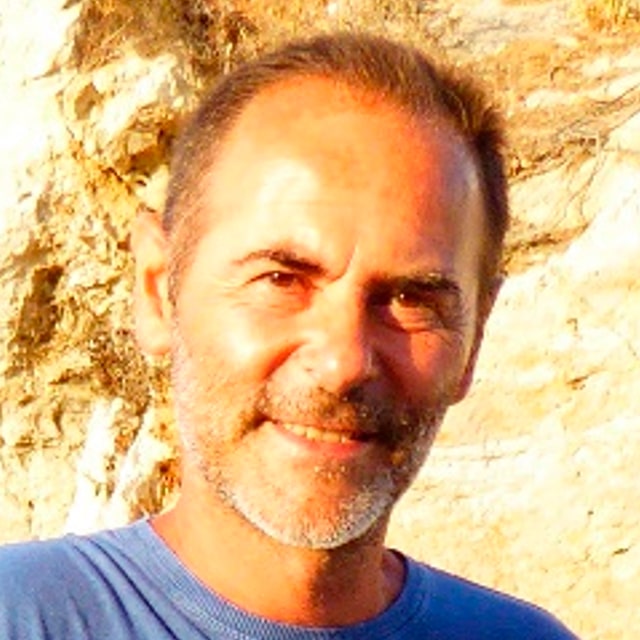Dr. Márcio Weber Paixão
Universidade Federal de São Carlos (UFSCAR).
Centro de Ciências Exatas e de Tecnologia (CCET)(Instituição Sede da última proposta de pesquisa).
Brasil.
https://orcid.org/0000-0002-0421-2831
Professor Márcio Weber Paixão received his BSc in Chemistry in 2003 from the Federal University of Santa Maria, UFSM, Brazil. In 2007, he completed his PhD under the supervision of Prof. A. L. Braga (UFSM – Brazil) and co-supervision of Professor Dr Ludger Wessjohann (Leibniz Institute of Plant Biochemistry – IPB Halle – Germany), working with catalytic enantioselective methodologies. He immediatelystarted postdoctoral studies at the University of São Paulo (Brazil) and then at the Center for Catalysis, University of Aarhus, DK, where he worked under the guidance of Professor. Karl A. Jørgensen.
In 2010 he started his independent career at the Federal University of São Carlos, Brazil. after 2012 he worked as a visiting professor in the Group of Professor Carlos F. Barbas III at The Scripps Research Institute (TSRI). Betwen 2016 to 2017 he had a sabbatical research stay at the University of California Berkeley with Professor F. Dean Toste.
His research interests focus on the development of new catalytic methodologies. He has 145 publications in journals with selective editorial policy which rendered 4.876 citations and h-Index of 39.
Universidade Federal de São Carlos (UFSCAR).
Centro de Ciências Exatas e de Tecnologia (CCET)(Instituição Sede da última proposta de pesquisa).
Brasil.
https://orcid.org/0000-0002-0421-2831
Professor Márcio Weber Paixão received his BSc in Chemistry in 2003 from the Federal University of Santa Maria, UFSM, Brazil. In 2007, he completed his PhD under the supervision of Prof. A. L. Braga (UFSM – Brazil) and co-supervision of Professor Dr Ludger Wessjohann (Leibniz Institute of Plant Biochemistry – IPB Halle – Germany), working with catalytic enantioselective methodologies. He immediatelystarted postdoctoral studies at the University of São Paulo (Brazil) and then at the Center for Catalysis, University of Aarhus, DK, where he worked under the guidance of Professor. Karl A. Jørgensen.
In 2010 he started his independent career at the Federal University of São Carlos, Brazil. after 2012 he worked as a visiting professor in the Group of Professor Carlos F. Barbas III at The Scripps Research Institute (TSRI). Betwen 2016 to 2017 he had a sabbatical research stay at the University of California Berkeley with Professor F. Dean Toste.
His research interests focus on the development of new catalytic methodologies. He has 145 publications in journals with selective editorial policy which rendered 4.876 citations and h-Index of 39.

